No products in the cart.
The Mindful Hustler’s Guide to Entrepreneurship: From Clothing to Home Renovation and Beyond
Introduction: The Hustler’s Mindset (Part 1)
Entrepreneurship isn’t just about making money—it’s about freedom, ownership, and survival. It’s about refusing to be another cog in the corporate machine, about waking up every day knowing your work builds your future, not someone else’s.
For many, a 9-to-5 job offers security—steady paychecks, benefits, and predictability. But for a true hustler, that’s not enough. There’s no ceiling on entrepreneurial success—you get what you work for. You build, you grind, and you take control of your own destiny.
In this guide, we break down:
Why entrepreneurship beats a 9-to-5 job
How to start a business and find your niche
How to conduct market analysis and strategize for success
How to develop a brand that stands out in a saturated market
The struggles, setbacks, and real talk about being an entrepreneur
Whether it’s clothing, home renovation, or any other business, one thing remains the same: You need to hustle in every aspect. Let’s get into it.
—
Why Entrepreneurship Beats a 9-to-5 Job
The reality is simple: A job pays you just enough so you don’t quit. A business, when done right, gives you limitless potential. Here’s the breakdown:
1. Ownership & Control
A job means working for someone else’s dream; a business means building your own.
You set the rules. You decide your schedule, your income, and your direction.
You’re not waiting for a promotion or raise—you create your own.
2. Unlimited Income Potential
A salary has a cap. A business? No limit.
You’re not trading hours for dollars—you’re building wealth that works for you.
You control how much money comes in based on how well you market, sell, and expand.
3. Financial & Time Freedom
You work when you choose, not when someone tells you.
You can scale a business—a job will always require your time.
Once your business is running, your money works for you, not the other way around.
4. Building a Legacy
Your business can be passed down, sold, or expanded—your job ends when you leave.
You create something that outlives you, impacting your family and future generations.
—
How to Start a Business & Create Your Own Niche.
Not everyone is built for entrepreneurship. You need vision, resilience, and an unbreakable will. But if you’re serious, here’s the blueprint:
Step 1: Identify Your Passion & Skillset
What are you good at? What are you passionate about?
How can you monetize that skill? (e.g., fashion → clothing brand, construction skills → renovation company)
Find a niche that aligns with your talents but also meets a market need.
Step 2: Research & Validate Your Market
Who is your target audience? (Age, location, income level, needs, problems, etc.)
Who are your competitors? What do they do well? Where do they fail?
Is there demand? A great business idea is nothing without a market that wants it.
Step 3: Build Your Brand & Business Model
Develop a strong brand identity (logo, name, mission statement).
Create an online presence (social media, website, content strategy).
Define your business structure (sole proprietorship, partnership, corporation).
Step 4: Secure Funding & Resources
Bootstrap: Start small and reinvest profits.
Business Loans & Grants: Check out BDC, ATB financing, and crowd-funding options.
Partnerships & Suppliers: Secure good supplier relationships for better pricing.
Step 5: Develop a Sales & Marketing Strategy
Use video marketing and social media to stand out.
Offer value beyond just selling—become an authority in your industry.
Have a customer retention plan—loyalty programs, follow-ups, and rewards.
Strategizing Market Analysis for Business Growth
A hustler doesn’t just jump in blindly—he studies the landscape, analyzes the competition, and finds an opening.
1. Where to Research?
Google Trends & YouTube: Find out what people are searching for.
Social Media Insights: What’s trending in your industry?
Competitor Websites & Customer Reviews: Learn from their mistakes.
Networking Events & Industry Reports: Keep up with local and global trends.
2. Conducting a Competitive Analysis
Who are your top competitors? List at least 5 companies in your space.
What makes them successful? Look at their branding, pricing, and services.
Where are they weak? Capitalize on their mistakes and gaps in service.
3. Finding Your Unique Angle
Offer something different: Whether it’s better pricing, premium service, or a unique branding approach, find what makes you stand out.
Be memorable: Make sure people remember your business for the right reasons.
Create a personal brand: People buy into people before they buy into products.
The Hustle Factor: Business Isn’t for the Weak (Part 2)
The Hardships of Entrepreneurship
Entrepreneurship is not easy. Here’s what nobody tells you:
You will fail before you succeed. Be ready for setbacks.
You’ll work harder than you ever did in a 9-to-5. At least in the beginning.
Money will be tight. You may go months without profit—prepare for it.
People will doubt you. Friends, family, and even yourself. You must keep pushing.
Success takes time. Overnight success is a myth—grind through the process.
How to Push Through the Struggles
Adapt & pivot. If something isn’t working, adjust your strategy.
Stay mentally strong. Entrepreneurship is a psychological game more than anything.
Network & learn. Find mentors, read books, and stay hungry.
Track your progress. Celebrate small wins to stay motivated.
—
Final Thoughts: The Mindful Hustler’s Path
Being a Mindful Hustler means understanding that entrepreneurship isn’t just about business—it’s about mindset, strategy, and resilience. Whether it’s clothing, home renovation, or another venture, you need to approach it with a calculated hustle.
Here’s what you need to lock in today:
Choose your business idea & niche
Research your market & competitors
Develop a strong brand & marketing strategy
Prepare for the struggles ahead & build mental resilience
Keep grinding, learning, and adjusting
This isn’t just business advice—this is a mindset shift. The ones who succeed aren’t necessarily the smartest, the most skilled, or the most connected—they are simply the ones who refuse to quit.
Are you ready to hustle?



Leave a Reply